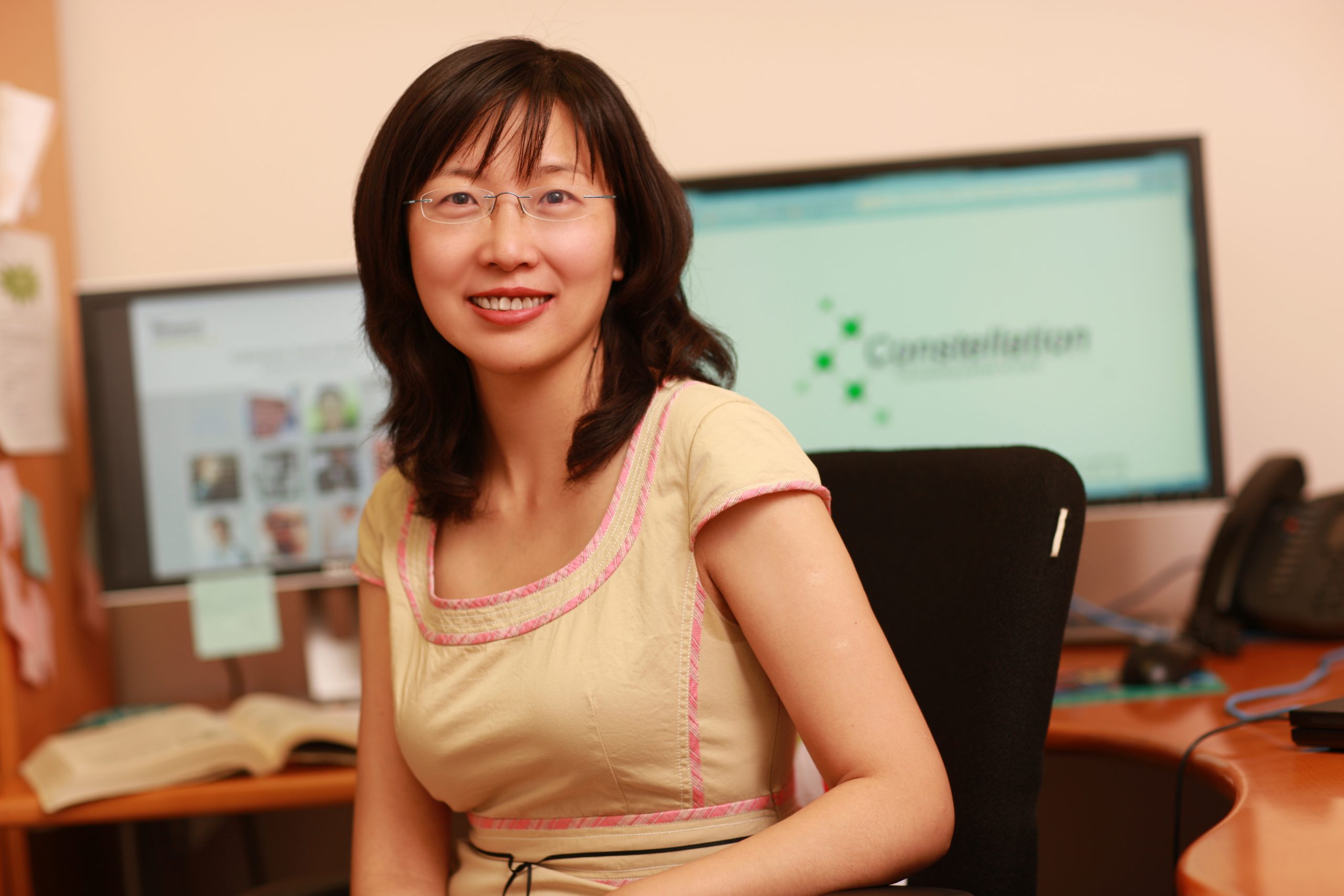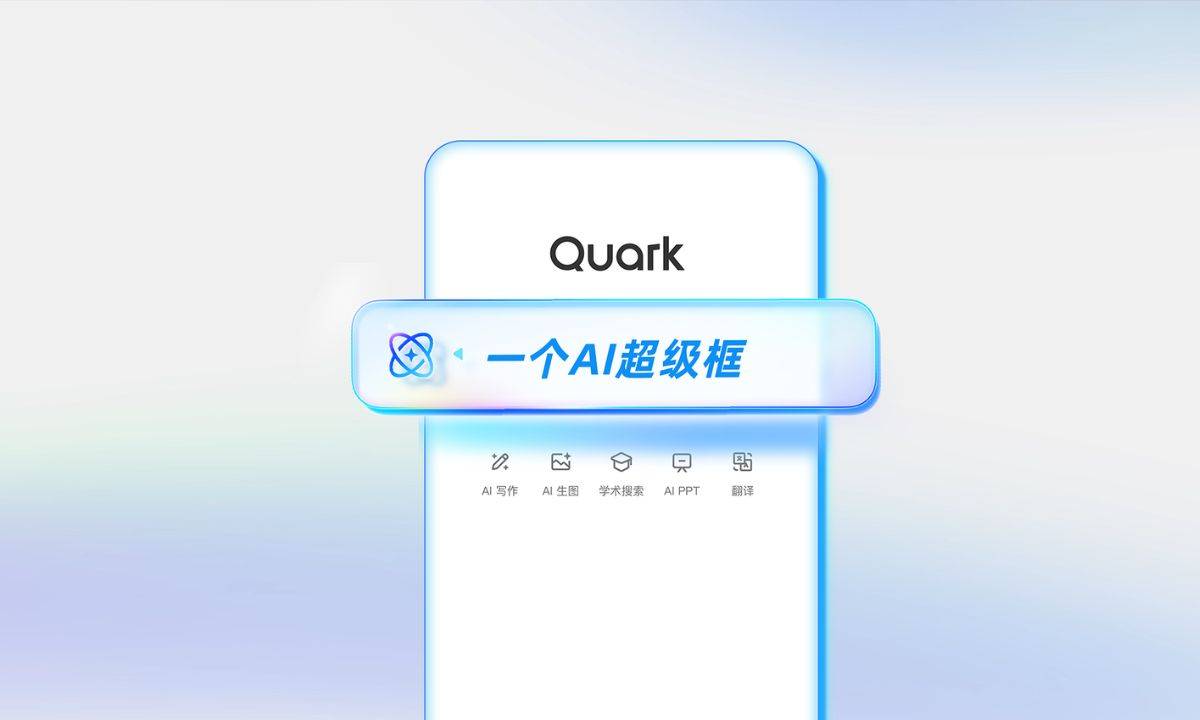
This interview is a part of our International Women’s Day series, which spotlights the stories and voices of talented, inspirational women in the Alibaba ecosystem.
Dr. Zhao Chen works as the research director of the Alibaba DAMO Academy natural human-computer interaction lab in Sunnyvale, California. For the past 19 years, her work has been focused on exploring innovative modes of interactions between human and machines in the age of artificial intelligence and mixed realities. Her research has helped shape the development of a braille-based smart screen for visually impaired shoppers on Taobao.
Now, she is driving cutting-edge research that taps into the rest of our senses, including taste and smell, so that users can experience products in more virtually immersive ways.
What led you to become a user researcher at DAMO?
I studied human-computer interaction and went on to receive my Ph.D. from the Chinese Academy of Sciences in Beijing. One day, while looking through the Journal of Experimental Psychology, a top publication in my field, I discovered that I was the only person who checked the book out of the library. From there, instead of following a purely academic route, I decided to pursue a career researching technologies that would have significant impacts on people’s daily lives.
You have a 14-year-old daughter. How do you balance family and work?
As a working mom, the biggest challenge is the expectations we put on ourselves. I want to be a great mom – to be there at all times for my daughter – but that’s impossible when I have a full-time job. For me, I cannot be a woman at the workplace who doesn’t have a kid, nor a mom who doesn’t have a job.
There was a lot of guilt in the beginning, but I later learned to embrace the identity of a working mom by discovering the added values when I took on both roles. For example, my job as a tech leader allows me to stay at the forefront of technological developments and I’m constantly sharing my work with my daughter. As a result, she’s probably the first among her friends to know about things like the Tmall Genie or VR glasses.
On the work side, I’m constantly learning from my family. In fact, it was my daughter who first introduced the fidget spinner to me a few years back. I started to track its adoption path, which started here in the U.S. and then spread to other countries. I soon realized it was a business opportunity for AliExpress, where I worked as the director of user research. With the help of the business side, we made the fidget spinner the second most popular toy product on the platform. My teenage daughter is constantly inspiring me to pick up the latest trends and apps.
What’s your proudest accomplishment?
The proudest moment in my career has been to grow the field of human-computer interaction in China. I helped build the China chapter of the Special Interest Group on Computer–Human Interaction 15 years ago. Now, I serve as a liaison between SIGCHI China and the global headquarters to share our understanding of human-computer interactions with the research community in China.
What are some of the challenges for women working in the tech industry?
Years back, I received some very interesting training for female leaders in the tech sector.It taught us how to “pick up the ball” and how to present ourselves with more confidence, for example, through body language or tone of voice. I started to reflect on these subtle things and realized these issues are applicable to all female leaders across cultures, especially in societies where masculinity is highly valued. There are always stereotypical labels and social judgments attached to our genders. We want to be great leaders but also be ourselves, so finding a balance is key.
Ahead of International Women’s Day, what message or advice do you want to send out to women in the same profession or thinking about a career in your field?
It’s important to speak softly but firmly. This is something I’ve learned over the years: It’s not a matter of loudness that will get one’s opinions heard. Women leaders shouldn’t feel pressured to be anyone but themselves. Over the course of my career, I’ve seen cases of people going to the extremes to gain respect at workplaces. Luckily, Alibaba is a very female-friendly workplace, and when you speak softly but firmly, people will listen and respect you even more.
Let’s also practice empathy, not sympathy (explained here by University of Houston research professor Bren√© Brown). As a researcher and a tech leader, I work with many people who come from diverse backgrounds. It’s very important to interact with others at the same level of understanding.
Who’s your role model?
I believe we can learn different things from different people. There is one tech leader I truly respect at Alibaba. This isSheila Wang Xiruo,the first and only female CTO at Freshippo with a technology background. Her desire to cultivate talent is incredibly unique and inspiring.
What is the best piece of advice you’ve ever heard or a mantra you live by?
When things get tough, I always remind myself of a Confucian saying: “Do not get weary in one’s position. Perform one’s duties with devotion.”
Sign up for our newsletter to receive the latest Alibaba updates in your inbox every week.




